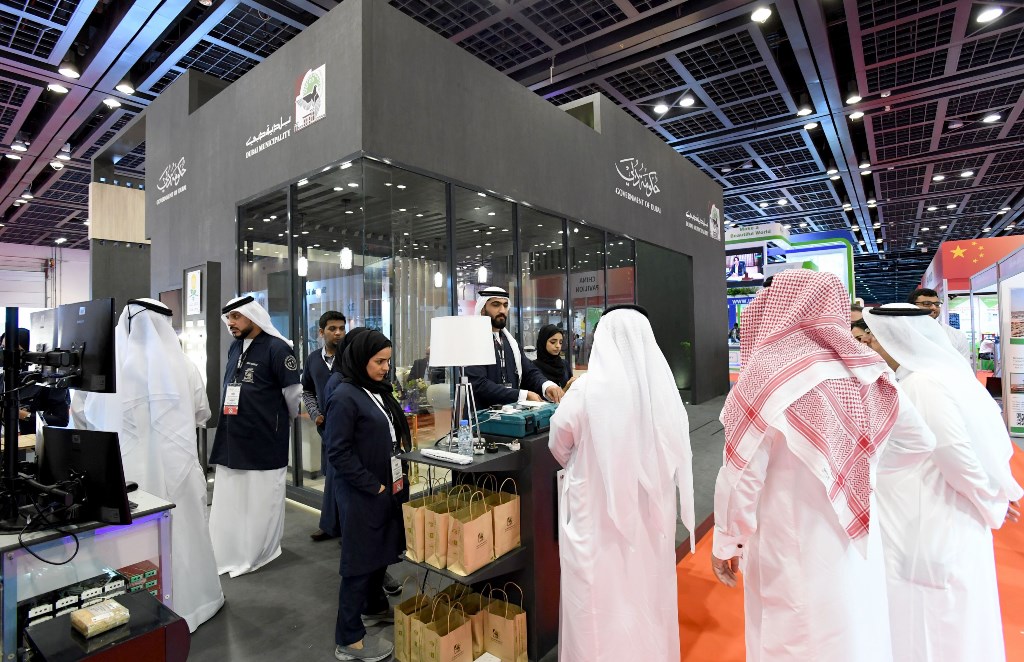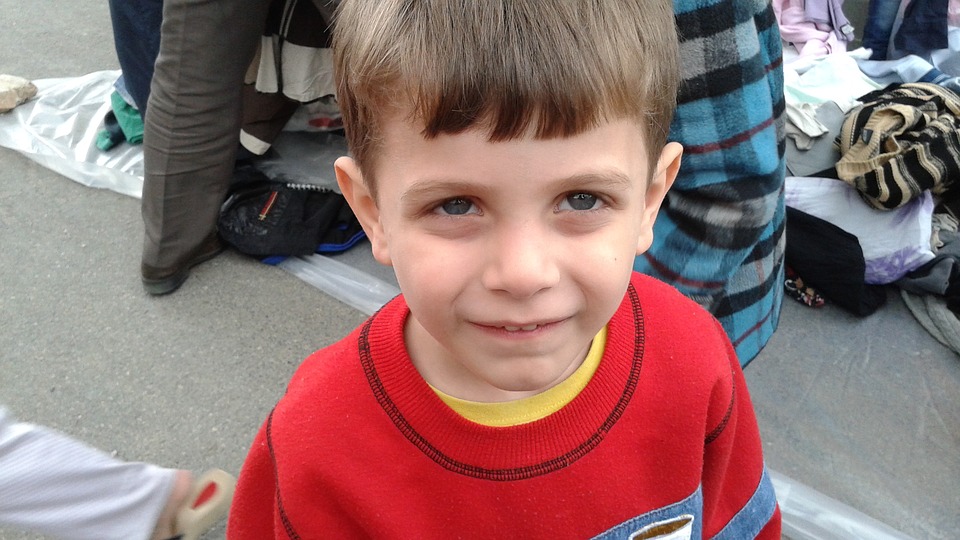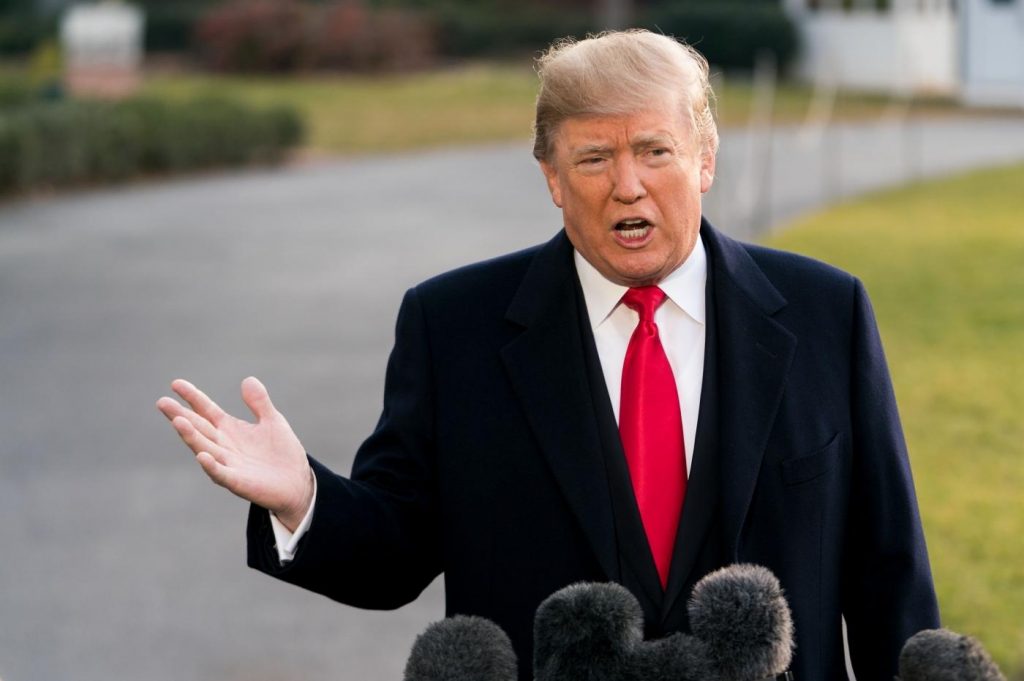Dubai Municipality project, Wastenizer, aims to make Dubai a waste-free city … reports Asian Lite News.

Dubai Municipality is showcasing nine of its prominent projects, including Wastenizer that aims to make Dubai the world’s first waste-free city, at the three-day Middle East Electricity Exhibition, which was opened at Dubai World Trade Center on Tuesday.
Wastenizer is a project that comes under the 10X initiative of His Highness Sheikh Mohammed Bin Rashid Al Maktoum, UAE Vice President, Prime Minister and Ruler of Dubai. It is a sustainable innovation to turn the city’s waste into a decentralized source of clean energy, disrupting the use of conventional transportation and the existing waste management processes.
The initiative consists of developing a world-first, unique, decentralized waste treatment platform for buildings and residential districts in Dubai using a technology developed by Dubai Municipality, which will be fully capable of treating solid waste of all types and components sorted using artificial intelligence and smart technologies. The decentralized units will raise the temperature of the waste resulting in the breakdown of the waste’s chemical components, which makes it environmentally-friendly and produce clean electrical energy which will be exported to the local electricity grid.
The Emirate of Dubai produces 3,500,000 tons of waste annually and 7,560 square meters of land is currently used as landfills and Dubai Municipality uses 3,850 garbage collection vehicles to transport these wastes to the landfills. Wastenizer devices can also produce 17,500 tons of good ash that can be used for the production of green concrete.
The strategic partners of the project, which will be implemented by 2020, include local and international companies specialized in artificial intelligence, infrastructure, waste-to-energy, transportation, and major real estate and property developers.
The Applied Sustainability and Renewable Energy Department of Dubai Municipality, which presents the details about the Wastenizer project in the exhibition, also showcases other major projects of the Municipality such as Dubai Lamp and the Solid Waste to Energy project, in addition to the Rain Enhancement project, which will be an advanced version of the cloud seeding project. Three environmentally friendly devices will be developed in three different locations that have been studied carefully for the purpose of experimentation. The project is expected to be completed by 2020.
In addition, the Municipality stall also highlights the Solar Panels to be installed at the Warsan and Jebel Ali Sewage Treatment plants to produce electricity (26 MW for the Jebel Ali plant and 4 MW for the Warsan plant). This project is in line with the Shams Dubai initiative, launched by Dubai Electricity and Water Authority.
Other projects that are on display at the Municipality stall include the Zero Energy Villa project that encourages people to use minimum energy at homes, the Green Fund that offers to finance sustainable projects and to create awareness on sustainability culture, the Biogas to Energy project to convert biogas from the sewage treatment plant to energy through the installation of gas tanks that work on the processing of gas to produce electricity and the Dubai Breeze project, which is an integrated system that develops energy efficiency adopting innovative technologies for energy located deep in the earth’s surface.
The Applied Sustainability and Renewable Energy Department also held a workshop on Dubai Lamp project during which the project results were reviewed and an applied study was presented by an engineering consulting office on the use of Dubai lamp in one of the projects and an explanation in facts and figures of the importance, advantages and benefits of using it.
The Municipality stall at the Middle East Electricity also hosts Dubai Central Laboratory, which exhibits its testing services on electrical appliances. The Environmental Centre for Arab Towns also shares a space in the Municipality stall to promote its environmental activities in Arab towns.








